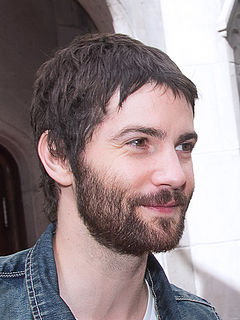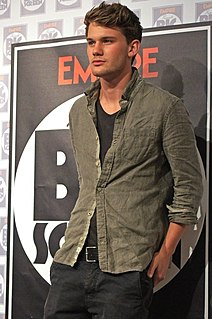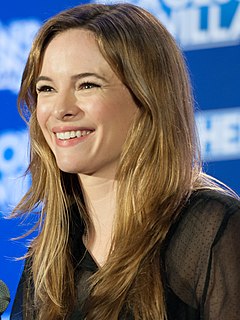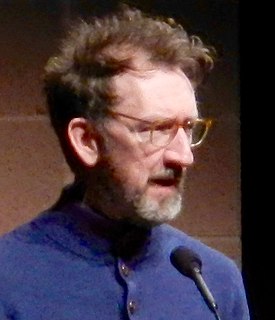A Quote by Drew Barrymore
I can tell when an actor's forcing tears, and it's tricky because you then have to film it and edit in a certain way to skirt around the issue.
Related Quotes
Being an actor in TV or movies is different. A film or TV actor, if put in theatre, won't know certain dimensions, while a theatre actor won't know certain things when he comes before the camera. So I think a film actor can learn emoting from this theatre counterpart, while the theatre actor can learn about camera techniques from the film actor.
I don't want people to feel like they have to state something in a certain way because so-and-so might be around on the site. It's nice when people have a forum to discuss things among themselves. If you had a certain special-occasion blog I could probably contribute...I normally post on my site if I'm writing about music, and if you have a specific issue you're addressing or you want me to write about certain topics, then I'd be happy to try.
Yes, there may be some convergence to what you see on a screen that's different from the way you will experience a magazine in your hand, but there are lots of ways you can signal differences. Where native advertising and these other things get tricky is when the consumer can't tell the difference between edit and advertising.
I worked as an actor for a few years before anything happened, so I'm used to going up for auditions, and then not getting the role. But sometimes I don't read the book of the film, in case I just totally fall in love with it, and then it just becomes an obsession and you want to do it so much because you've completely fallen in love with the story and the characters. And then, if the part doesn't go your way, it's heartbreaking. So, there's a certain amount of distance you have to keep before you can throw yourself in 100%.
With a horror movie most of the actual jumps and scares are made in the edit. It's often not very scary on set and then you watch the film and suddenly it's very scary because the way the jump scares fit together building up the suspense in the audience because it's making them jump when they're least expecting it.



































